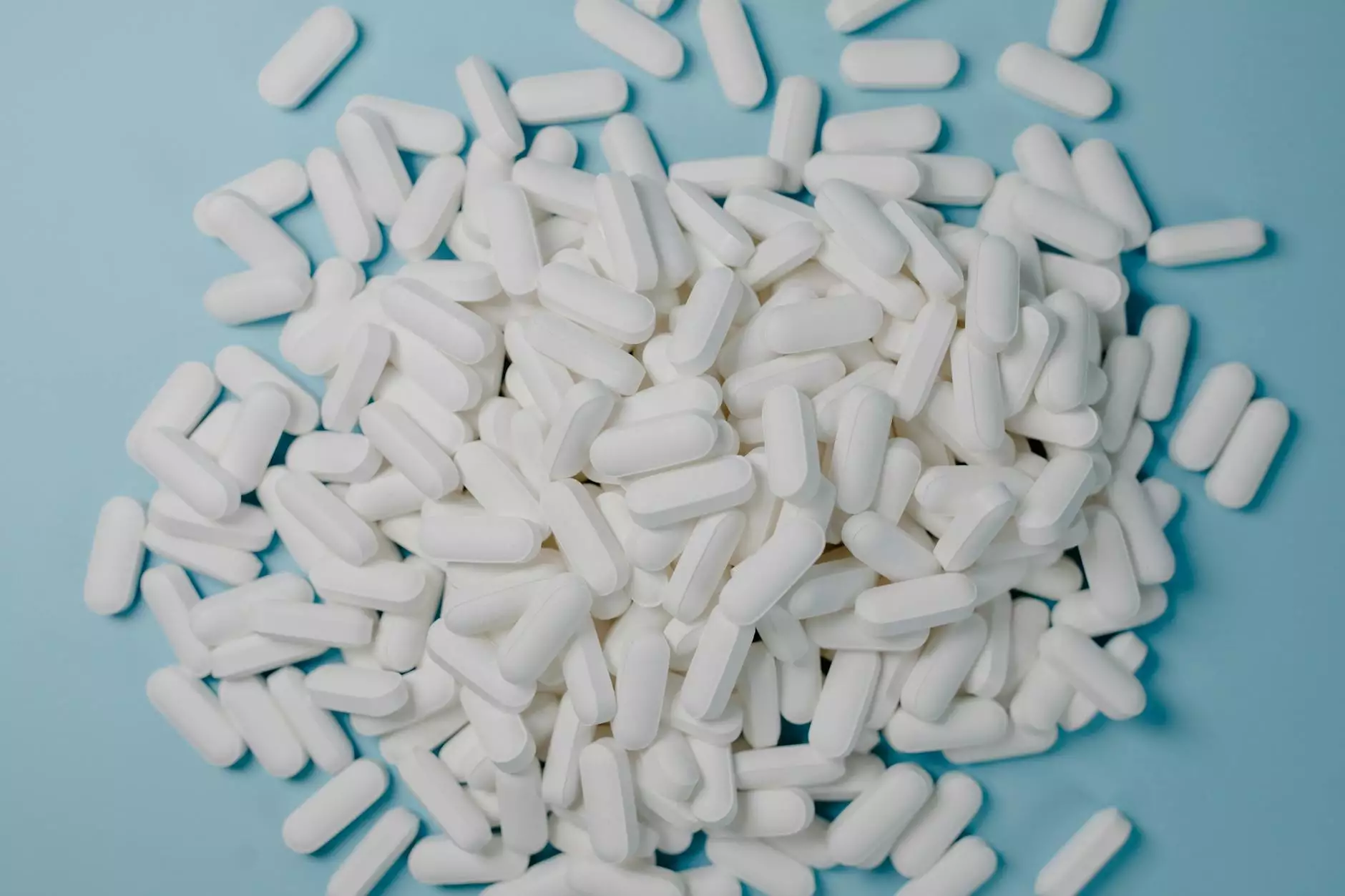Understanding the Vital Connection Between Pharmacy and Addiction Medicine

The world of pharmacy and addiction medicine plays a pivotal role in public health, especially when it comes to understanding and managing the use of prescription medications. Websites like alprazolam-xanax.com offer invaluable resources for both healthcare professionals and patients. This article aims to delve deep into these interconnected fields, exploring how they function, their significance, and the effective management of conditions associated with substance use disorders.
The Role of Pharmacy in Healthcare
Pharmacy serves as a cornerstone of healthcare. Pharmacists are not merely dispensers of medications; they are healthcare professionals who play a crucial role in patient care. They educate patients about medications, monitor therapy outcomes, and provide essential health services.
Key Responsibilities of Pharmacists
- Medication Management: Pharmacists evaluate medication regimens to ensure safety and effectiveness.
- Patient Education: They instruct patients on proper medication usage, potential side effects, and interactions.
- Collaborative Care: Pharmacists often work with physicians and other healthcare providers to optimize treatment plans.
- Health Promotion: They conduct health screenings and immunization services to promote overall wellness.
The Intersection of Pharmacy and Addiction Medicine
Addiction medicine focuses on the prevention, diagnosis, and treatment of addictive disorders, encompassing issues of substance use, behavioral addictions, and related mental health concerns. There exists a crucial relationship between addiction medicine and pharmacy, particularly concerning the responsible use of prescription medications.
Addressing Prescription Drug Abuse
One of the most pressing issues in addiction medicine today is the abuse of prescription medications. Medications like Xanax (alprazolam) are commonly prescribed for anxiety and panic disorders but carry a risk of dependency and misuse. This aspect makes it paramount for pharmacists to engage in the responsible dispensing of such medications.
Strategies to Mitigate Abuse
Pharmacists can implement various strategies to reduce the chance of medication misuse:
- Comprehensive Patient Assessments: Conduct thorough evaluations of a patient’s history and current medications to identify potential risks.
- Monitoring and Follow-Up: Regular check-ins with patients can help ensure they are using medications as prescribed.
- Education Programs: Provide education on the risks associated with misuse of benzodiazepines and other controlled substances.
- Utilizing Prescription Monitoring Programs: These systems track prescriptions and can alert pharmacists to potential abuse.
Understanding Alprazolam and Its Uses
Alprazolam, commonly known by its brand name Xanax, is a medication in the benzodiazepine class, primarily prescribed for anxiety disorders and panic attacks. It works by enhancing the effects of a neurotransmitter called GABA, which promotes a calming effect in the brain.
Potential Benefits of Alprazolam
The benefits of alprazolam include:
- Rapid Relief: Provides quick relief from acute anxiety symptoms.
- Improved Quality of Life: Helps individuals manage their daily lives effectively without overwhelming anxiety.
- Short-term Usage: Effective for short-term treatment of anxiety, particularly during stressful life events.
Risks and Side Effects
While alprazolam can be effective, it is not without risks. Potential side effects may include:
- Drowsiness: A common side effect that can impair one’s ability to perform tasks requiring alertness.
- Dependence: Long-term use can lead to physical and psychological dependence.
- Withdrawal Symptoms: Abrupt discontinuation can lead to withdrawal, manifesting as anxiety, seizures, and various physical symptoms.
Effective Treatment Strategies in Addiction Medicine
The effective management of addiction requires a multifaceted approach that not only focuses on pharmacological treatment but also on behavioral therapies and support systems.
Common Therapies in Addiction Medicine
Some of the primary therapeutic approaches include:
- Cognitive-Behavioral Therapy (CBT): A common form of therapy that helps patients recognize and change maladaptive thought patterns.
- Motivational Interviewing: A counseling method that helps strengthen personal motivation and commitment to change.
- Support Groups: Programs such as Alcoholics Anonymous (AA) or Narcotics Anonymous (NA) offer peer support.
- Medication-Assisted Treatment (MAT): Involves using medications alongside counseling to treat substance use disorders.
Recovery and Relapse Prevention
Recovery from addiction is a lifelong process. Tailored relapse prevention strategies are essential for sustaining recovery and preventing a return to substance use.
Key Elements of Relapse Prevention
- Awareness of Triggers: Helping individuals identify situations that could lead to drug use.
- Developing Coping Skills: Teaching patients techniques to cope with cravings and stressors without resorting to substance use.
- Building a Support Network: Encouraging connections with supportive friends, family, or recovery groups.
- Ongoing Therapy: Maintaining a schedule of therapy sessions to address ongoing challenges in recovery.
Conclusion: The Path Forward in Pharmacy and Addiction Medicine
As the fields of pharmacy and addiction medicine continue to evolve, the importance of responsible medication management and comprehensive treatment approaches cannot be overstated. Websites like alprazolam-xanax.com provide a wealth of information that is essential for both practitioners and patients in navigating the complexities of medications like alprazolam. Through education, coordinated care, and a commitment to patient well-being, we can make significant strides in addressing the critical issues surrounding substance use and addiction.
Ultimately, the collaboration between healthcare providers, patients, and support systems can pave the way for improved outcomes in mental health and addiction treatment.
https://alprazolam-xanax.com








